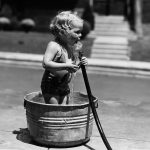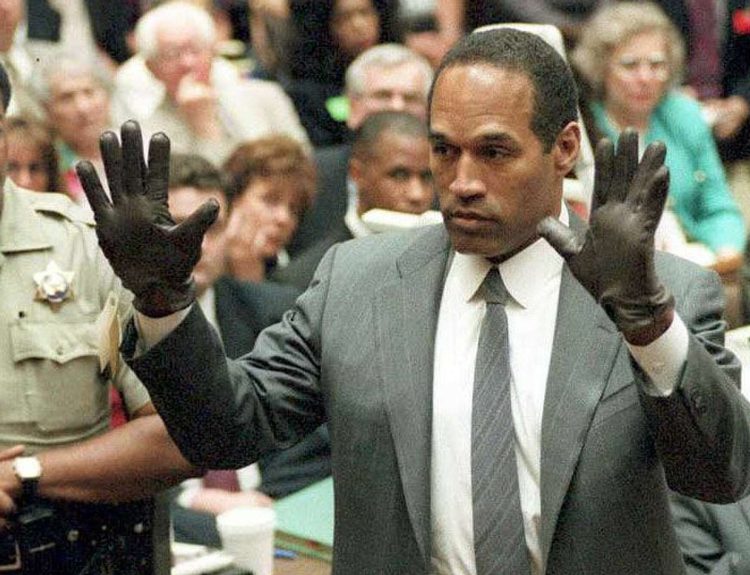There are demands to cut funding for the Victoria and Albert Museum after they labeled Margaret Thatcher as a “contemporary villain,” putting her alongside Hitler and Bin Laden.
The ex-prime minister is brought up in an exhibit named Laughing Matters: The State of the Empire. The exhibit explores how humor has been connected to “identity, empire, and power” for the past two hundred years.
Puppets And Politics: From Devils To Modern Villains
Under a set of Punch and Judy puppets, a caption reads: ‘Over the years, the evil character in this seaside puppet show has shifted from the Devil to unpopular public figures including Adolf Hitler, Margaret Thatcher, and Osama bin Laden to offer contemporary villains.’
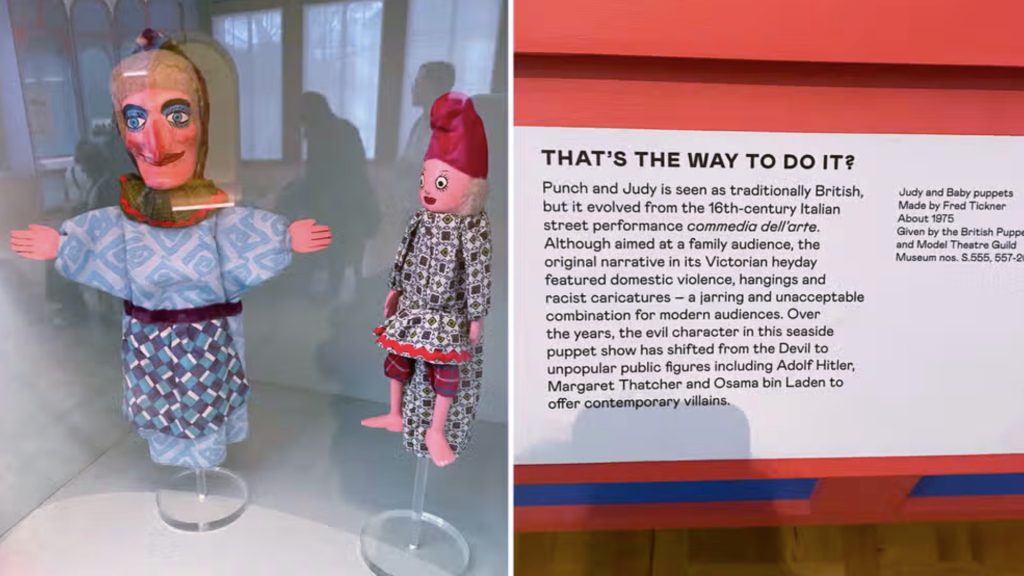
In another part of the exhibit, there’s a puppet of the late Baroness from the well-known satirical TV show Spitting Image. However, there’s no additional mention of her being portrayed as a villain.
Punch And Judy Display Faces Criticism
Several people, mainly linked to the Conservative Party, have openly criticized the caption used for the Punch and Judy display. Sir Connor Burns, a former trade minister and Conservative MP for Bournemouth, said: ‘Whoever wrote that caption should be called out publicly for being a moron, or perhaps more usefully sent to read a Ladybird book of modern world history.
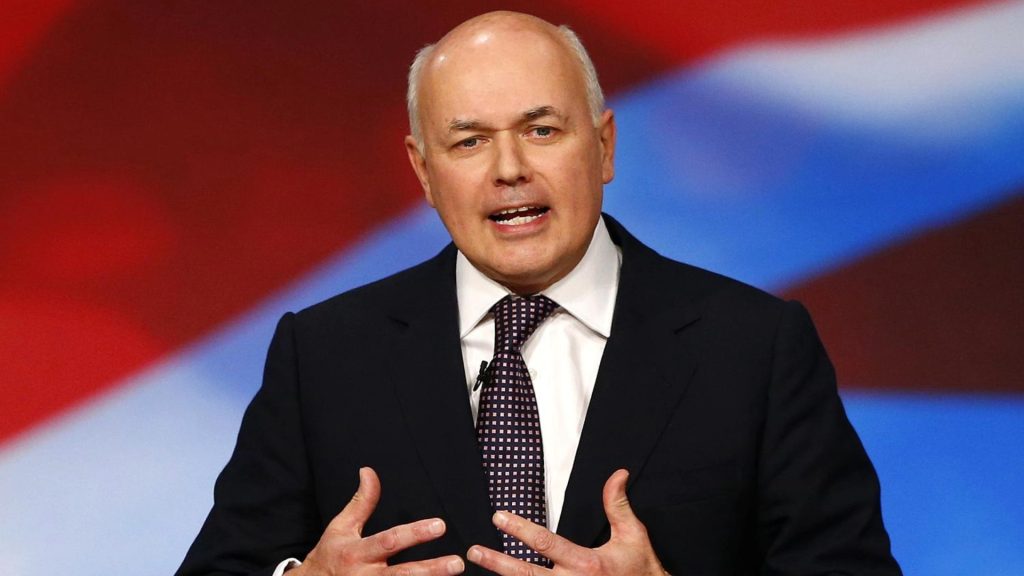
Former Conservative leader Sir Iain Duncan Smith agreed. He said that people who think Margaret Thatcher is as bad as mass murderers must live in a bubble, ‘detached from reality’. He also mentioned that this kind of foolishness makes him question funding.
Museum Should Be Stripped Of Its Funding
Nile Gardiner, a British-American political analyst, commentator, and former aide to British Prime Minister Margaret Thatcher, meanwhile, wrote on X: ‘Disgraceful from the Victoria and Albert Museum. It should be stripped of public funding.’
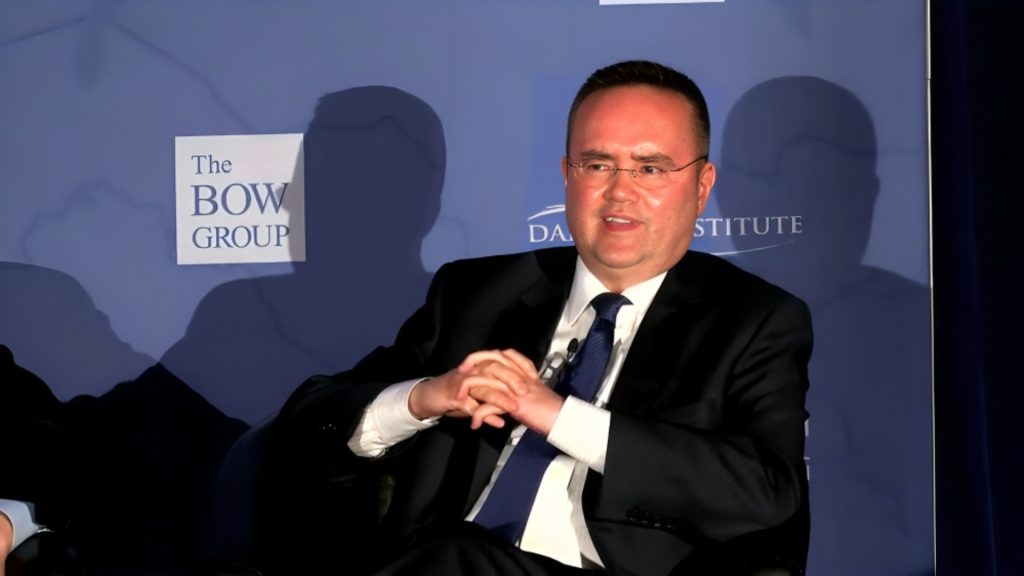
He is well known for his conservative political views and often appears in the media to discuss international relations, particularly regarding the United States and Europe. He’s also the director of the Heritage Foundation’s Margaret Thatcher Center for Freedom.
She Should Be Applauded!
Political commentator and businessman Russell Quirk told a news outlet: ‘Thatcher was the mother of entrepreneurship. How anyone can say she was a villain – she was one of political history’s heroes.
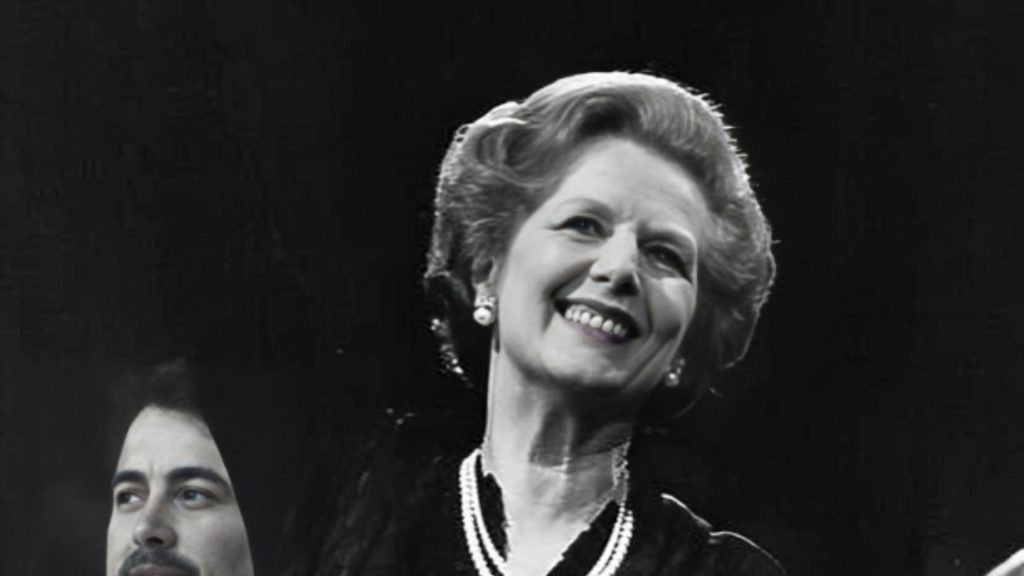
‘She stood up against the militant unions to make sure they didn’t destroy the economy and social fabric of Britain. She should be applauded rather than labeled a villain. She gave ordinary people access to wealth, aspiration, and success, and for that, she should be heralded a hero.’
Social Media Reactions: Support For Villian Tag
However, in every controversy, there are bound to be opposing views and factions. Some people on social media think the ‘villain’ tag was fair.
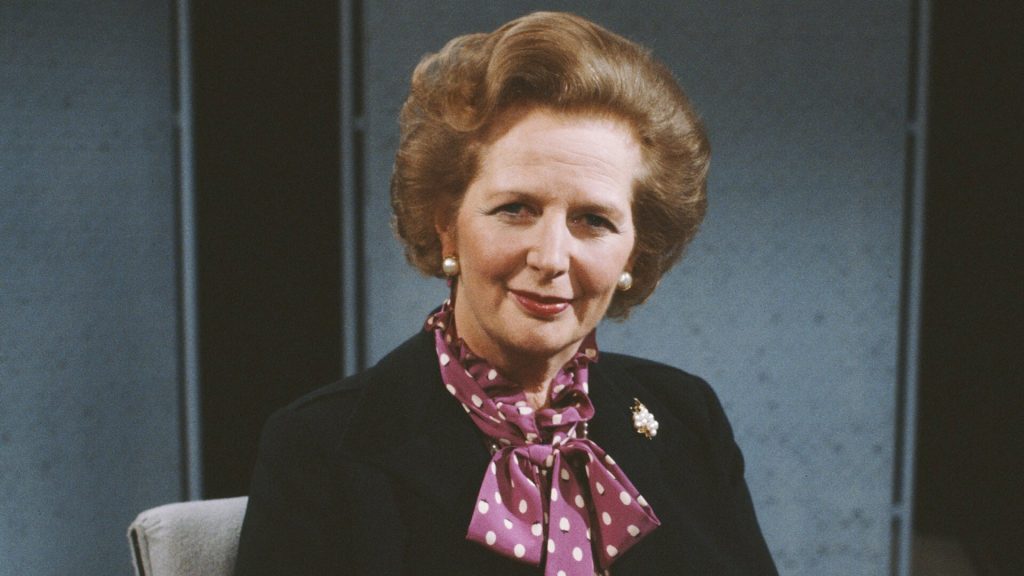
One, Robert Finlay, posted on X: ‘Thatcher favored the wealthy, weakened or destroyed industries and deepened social divides. Her policies caused instability and her neglect of communities left scars. She prioritized individual success over the well-being of society, leaving a legacy of discontent and hardship.’
More Social Media Reactions
Richard Maloney tagged Margaret Thatcher as Maggie “Chaos Merchant,” He claimed that she was one of the worst things to happen to the UK, along with Clement “Sheep in Sheep’s Clothing” Atlee.
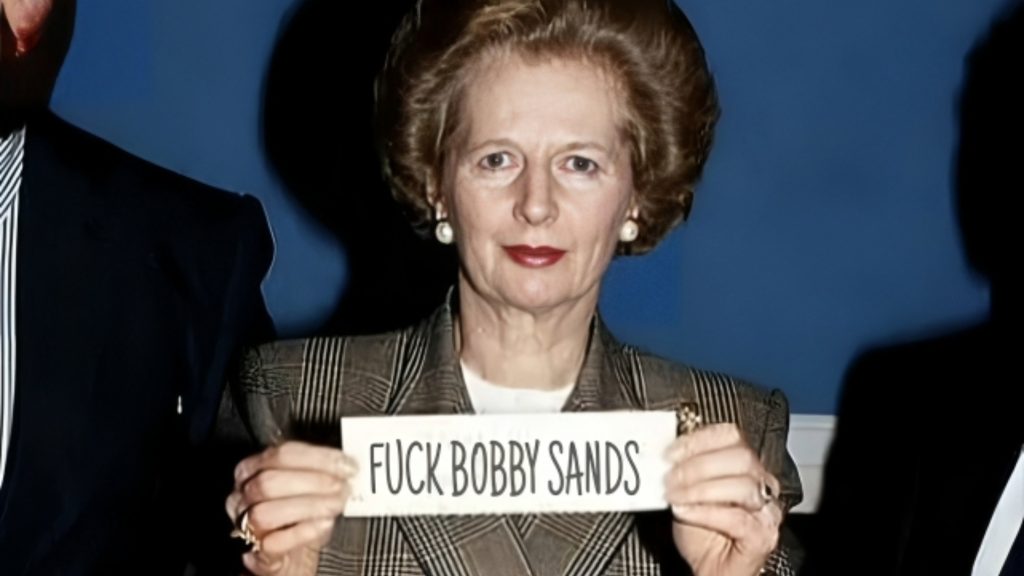
“She vandalized England’s great grammar schools. She destroyed communities. Stalinists loved her. She did more damage than any MI6 Soviet mole ever could,” he added.
How Does The V and A Museum Get Its Funds
The V and A Museum gets money from the UK government through grants from the Department for Digital, Culture, Media and Sport (DCMS). They also make money by selling tickets, getting donations, having sponsors, and selling things in shops, and renting out space.
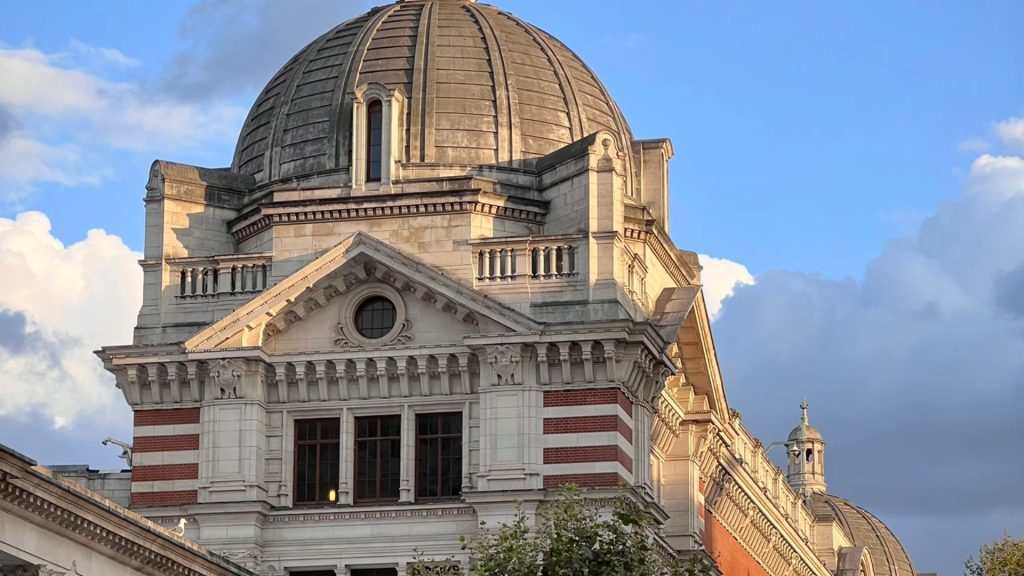
It also gets support from Private individuals, trusts, and foundations. In 2022-2023, the V and A got over £67 million from the government alone.
Not The First Time
In 2015, the London museum, currently directed by ex-Labour MP Tristram Hunt, faced some heat for apparently saying no to a collection of Margaret Thatcher’s clothes and accessories.

Her family offered the museum hundreds of items, including her wedding dress. They hoped to keep the collection together rather than selling individual pieces at auctions.
Quality Over Historical Value
However, despite her renown, the museum politely refused. Their reason for doing so was their preference for items with ‘outstanding aesthetic or technical quality’ rather than those with ‘intrinsic social historical value.’
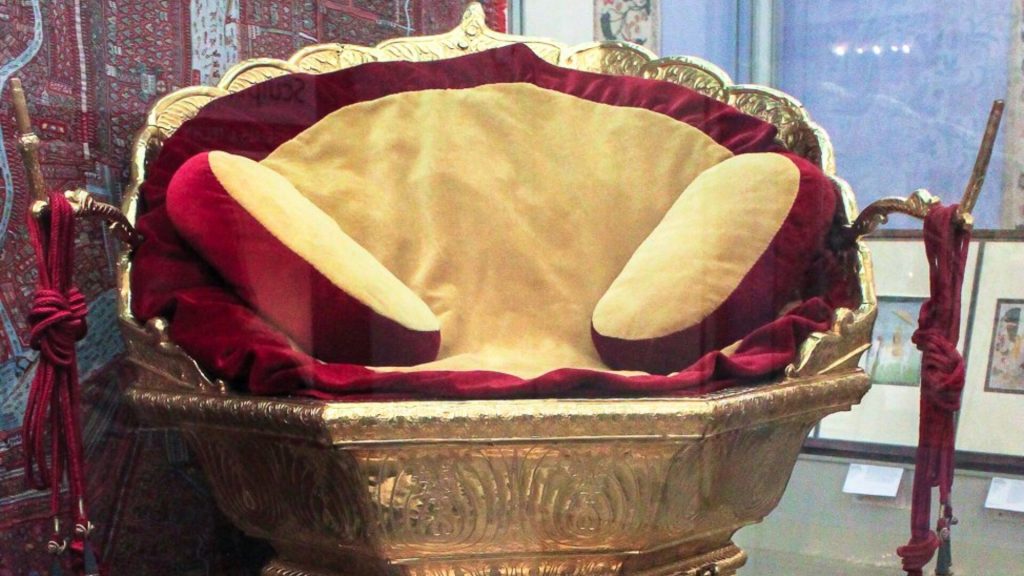
But later, the V and A clarified that no formal offer had been made, and a year after, they did exhibit some of Mrs. Thatcher’s clothes.
One Of London’s Most Famous Museums
The V and A Museum, also called the V and A, is a well-known museum in London, England. It has a large collection of over 2.27 million items depicting human creativity from the last 5,000 years.
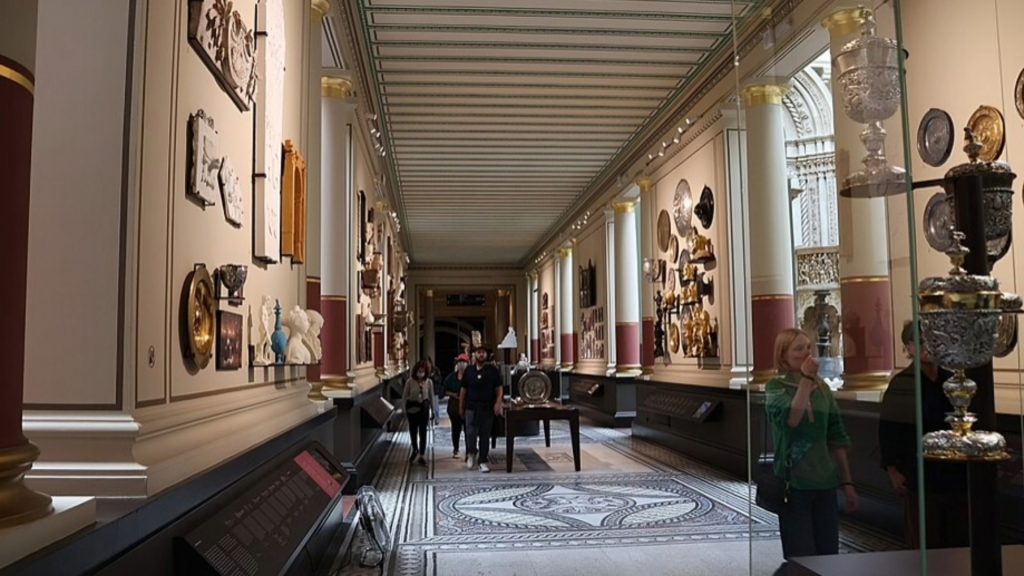
The museum is famous for its exhibitions of different themes in art, design, and culture from different times and places around the world.
Margaret Thatcher’s Divisive Legacy
Margaret Thatcher remains a divisive figure. She’s disliked by many for her policies like the Poll Tax and the Falklands War. She is commonly blamed for everything from removing free milk in schools to ending thousands of jobs in coal mines and the steel industry.
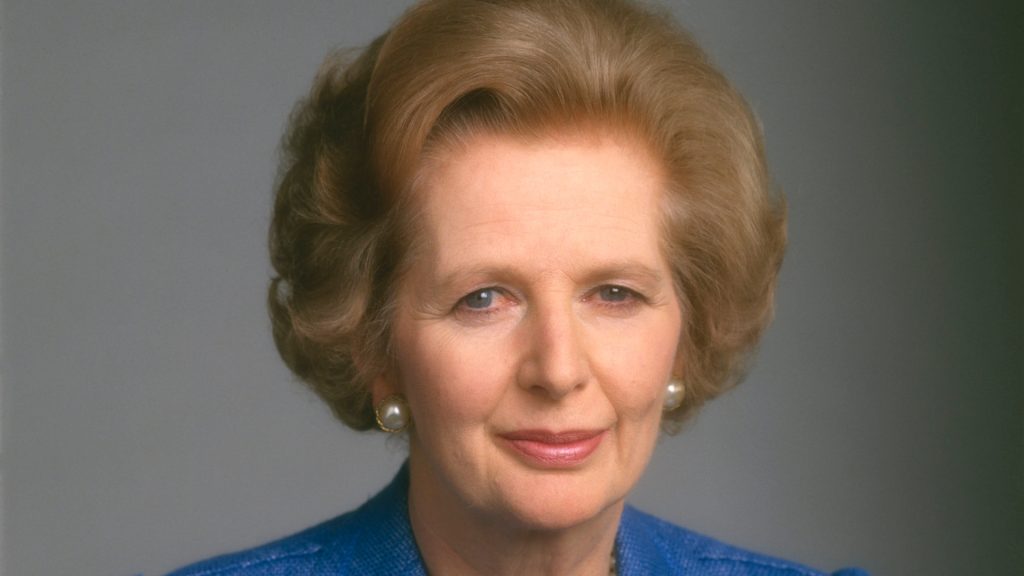
Thatcherism is a popular British conservative ideology that favors the rich while hurting the working class. Though in some quarters, she’s praised for boosting the British economy as the first female prime minister with strong leadership.
More Of Thatcher’s Controversial Decisions
Thatcher’s push to sell state-owned businesses like British Telecom, British Gas, and British Rail to make the government less involved in the economy also drew a lot of criticism.
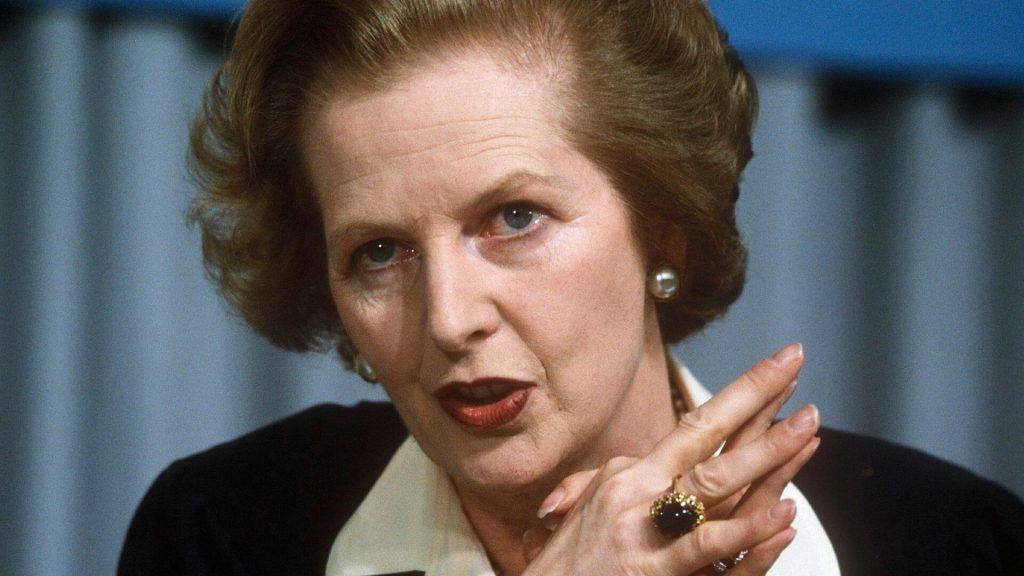
Many people believe that selling these businesses puts making money before serving the public. It also made the gap between rich and poor bigger. Also, selling essential services like water and electricity raised worries about price hikes and less oversight on how they’re run.
Section 28: Thatcher’s Stance On LGBTQ
In 1988, Thatcher’s government introduced Section 28. The law banned schools from talking positively about being gay. LGBTQ+ activists and human rights groups opposed it because the law supported discrimination against them and infringed on their rights.

Section 28 was taken away in 2003, but people still refer to it as proof of Thatcher’s not-so-famous views on minority rights and making society fair.


